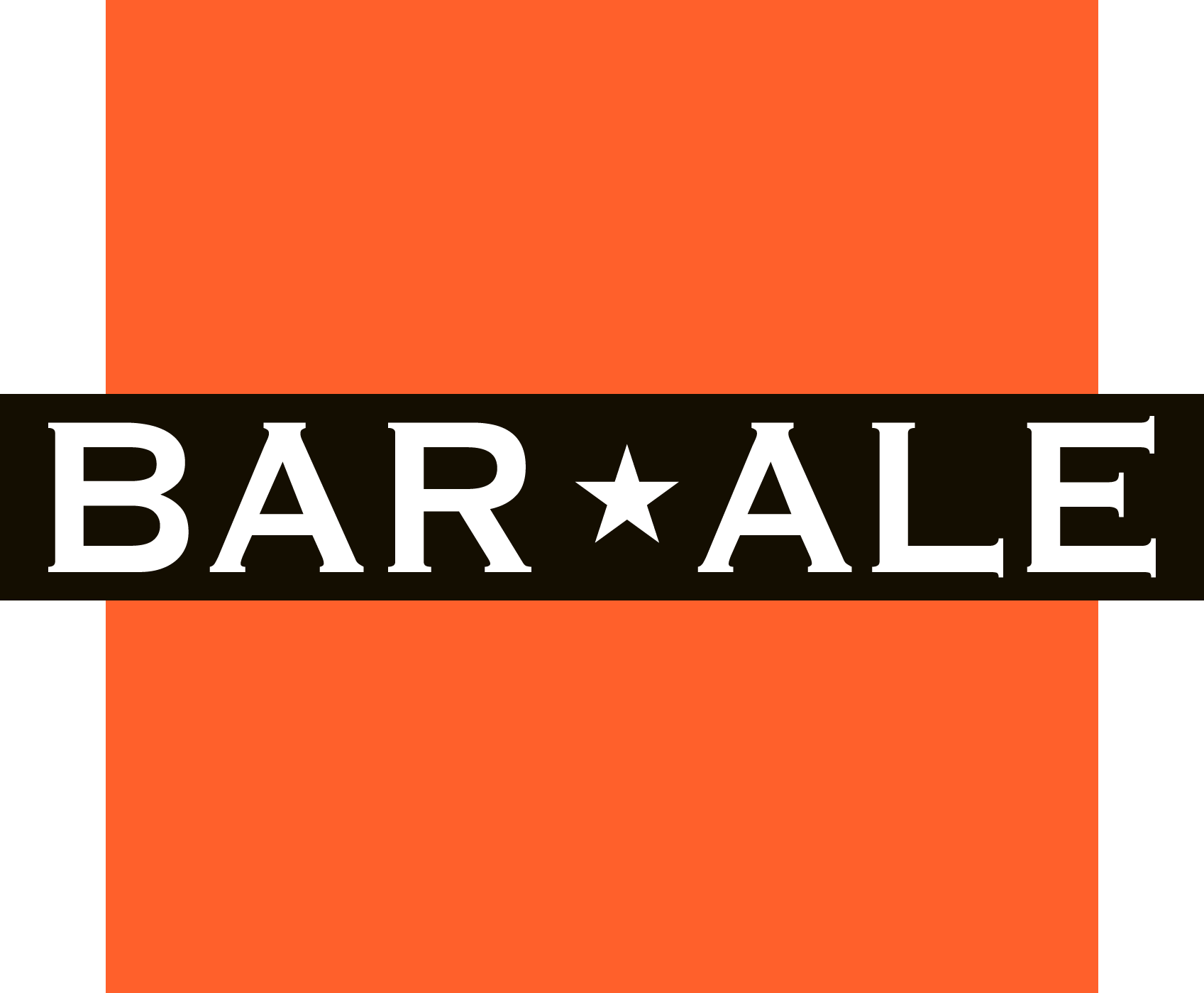Certified Organic Feeds vs Non-GMO
BAR ALE ORGANIC & NON-GMO INGREDIENTS WHAT ARE “GMOS” AND WHY SHOULD I BE CONCERNED ABOUT THEM?
GMO is short for Genetically Modified Organism. In agriculture, genetic modification is used to increase yields, to strengthen resistance to pests or disease, and to make them unaffected by common herbicides. There are many different reasons people object to the use of GMOs, from general principle to the risk of “genetic drift.”
DOES BAR ALE FEED HAVE GMOS IN IT?
Bar ALE carries a full line of 100% certified organic products, which is the very best way to safeguard against GMOs and GMO contamination. Our ingredients are backed up by certification at every step along the way, from the seeds to the cropland, and even the trucks that transport the ingredients, to ensure that there is no contamination. We also carry a full line of feed products with conventionally grown ingredients that have a track record of performance, success, and nutritional excellence at every level.
WHAT IS “NON-GMO” FEED?
Feed and other products that claim to be non-GMO (but without organic certification) do not have any legal binding to that claim. In addition there is nothing noted in that claim about the use of chemicals such as pesticides, herbicides, fungicides, and other petroleum-based additives in the soil upkeep and in the feed itself. Many vitamin and mineral supplements are petroleum-derived, but this is strictly prohibited in organics. Bar ALE goes far beyond the industry standard for "Non-GMO" labeled feeds in regards to ingredient testing, vendor qualifications, and NOP compliant equipment cleanouts and material handling.
HOW DO YOU KNOW THAT "ORGANIC" OR "NON-GMO" FEED HAS NOT BEEN CONTAMINATED BY GMOS?
Beyond our organic certification, Bar ALE tests ingredients on a regular basis to ensure that our farmers, suppliers, and transporters are maintaining the highest standards. In addition, our farmers stagger their planting schedules and maintain protective buffer zones to protect their crops from cross-contamination with GMOs and chemicals. Our "GMO Tests" use a computer to compare the proteins of the ingredient with all known strains of genetically modified DNA available on the market. In addition to our National Organic Program Certification, we are the first in the state of California to receive the "Good Manufacturing Practices Certificate" that acknowledges our committment to excellence in feed manufacturing.
Organic 101
WHAT’S THE DIFFERENCE BETWEEN ORGANIC AND OTHER LABELS LIKE “NATURAL?”
While “organic” is a label which has strict federal regulations regarding its use, there are no such requirements for the term, “natural.” Products labelled as organic must be made without the use of synthetic fertilizers, pesticides, genetic modification, or irradiation. Special consideration is paid to issues like crop rotation and soil development. There are no such limitations or restrictions placed on products labelled as “natural.” In short, when you buy a product that carries the USDA organic seal, you know what you’re getting. With a “natural” product, your guess is as good as any.
WHAT’S THE DIFFERENCE BETWEEN A FEED THAT’S CERTIFIED ORGANIC AND ONE THAT’S GMO-FREE?
They are most definitely not the same thing. While all organic feed is GMO-free, not all GMO-free feed is organic. A GMO-free feed that is not certified organic will contain ingredients produced with synthetic fertilizers and pesticides. The same care given to sustainable soil development, water resource management, and wildlife preservation in organic agriculture is absent in conventional agriculture. While being GMO-free is an important element to the organic certification, it is a part of a holistic practice of agriculture, not the entirety of it.
WHY SHOULD I FEED MY ANIMALS ORGANIC FEED FROM BAR ALE'S FEED MILL?
First of all, the certified organic ingredients we use are of the highest quality and nutritional value. Our feeds are milled fresh and therefore have the highest nutritional content. Each feed is specifically formulated for the nutritional needs of the animal to ensure optimum health, growth, and performance.
